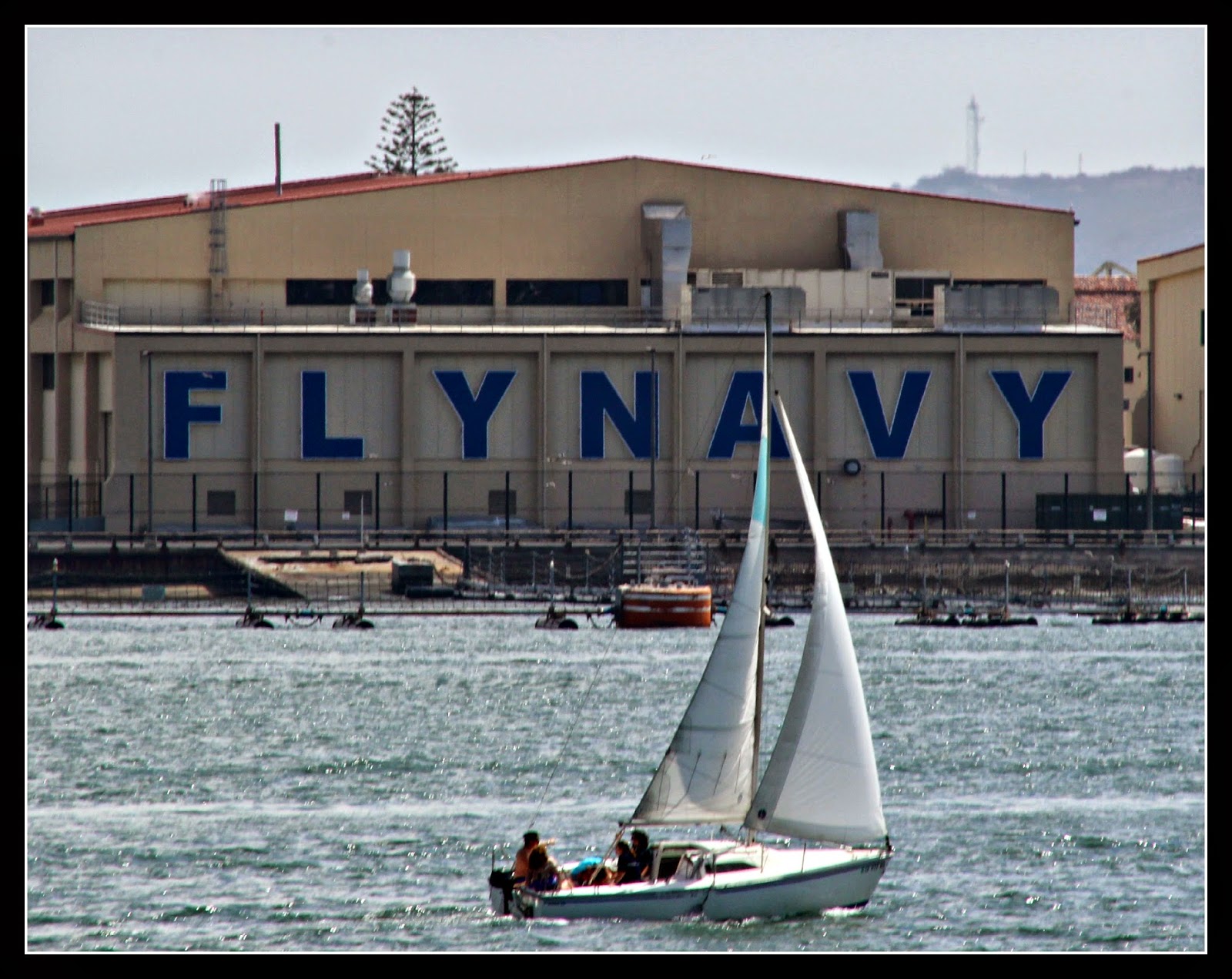Our military can be called to any place on the earth within a few minutes notice. They leave behind their lives to trek across the globe to protect American interests. With online military training service members can continue to advance their military careers from anyplace and at any time to ensure they continue to be the most advanced armed force in the world.
According to a 2011 pamphlet issued by Department of the Army,”The U.S. Army’s competitive advantage directly relates to its capacity to learn faster and adapt more quickly than its adversaries. In the highly competitive global learning environment where technology provides all players to nearly ubiquitous access to information, the Army cannot risk failure through complacency, lack of imagination, or resistance to change (p. 5).”
This learning must be as mobile as the military itself, or the force will not be its best when needed. Online education is mobile and versatile making learning possible from devices as small as a cell phone; perhaps someday as small as an Apple Smart Watch. Uninterrupted knowledge updating and training saves time and money while improving effectiveness.
The design of the model of that training mirrors current online education while updating delivery methods as technology emerges. Developing military training and educational courses is possible if you have the right personnel and substantial communication with military leadership. Student management can mirror current military practices through the use of cohorts.
Such training is based on the need and often includes critical thinking, military theory, leadership, management, military history, tactics, supply-chain management, etc. The possibilities are endless and limited by the knowledge itself; a great place to blend theory and practice. A few ideas are as follows:
-Hiring Ex-Military Doctors, Specialists and Employees: Hiring veterans not only helps the military retain its knowledgeable staff as a self-developing system but also allows military members a responsible place to work where they can capitalize on their military background for the benefit of the nation. Faculty that has experience in the forces and has advanced knowledge on the main subjects creates a superior product from which other military units may learn.
-Learning Cohorts: Using cohorts that allow for a team of learners, much like a platoon, allows members to work together and create an online group of students. This support network keeps military personnel engaged and connected throughout their development process. It is possible to consider using different skilled genres (MOS) and/or military branches to develop cross-functional leadership teams.
-Training and Credit: Courses in leadership, management, history, homeland security, etc. not only have military applications but can also be degree bearing. Helping military personnel enhance their effectiveness while in the service and obtain a degree faster after discharge makes a big difference in socializing seasoned soldiers back to civilian life through a connected medium that bridges two worlds.
-Military, Business, and Academic Innovation: Putting the polished practicality of military minds, business strategy, and academic theory into the same entity creates an incubator of knowledge and innovation for service stakeholders. Academic theories can be established, matched with business practicality, and tested in the field.
Department of the Army. (2011). The U.S. Army learning concept for 2015. TRADOC Pamphlet 525-8-2. Fort Monroe, VA: U.S. Army Training and Doctrine Command.
The blog discusses current affairs and development of national economic and social health through unique idea generation. Consider the blog a type of thought experiment where ideas are generated to be pondered but should never be considered definitive as a final conclusion. It is just a pathway to understanding and one may equally reject as accept ideas as theoretical dribble. New perspectives, new opportunities, for a new generation. “The price of freedom is eternal vigilance.”—Thomas Jefferson
Showing posts with label officer training. Show all posts
Showing posts with label officer training. Show all posts
Friday, June 26, 2015
Saturday, July 26, 2014
Encouraging Stronger Leadership with the ALDS Program
Military training principles are often used in both
the military and corporate world to varying degrees of success. They are intense
programs designed to test the very nature and central identity of individuals.
Lt. Colonel Beurskens discusses the nature and benefit of the 2013 Army Leader
Development Strategy (ALDS) that develops critical and creative thinking that
solves problems.
ALDS uses training, experience, and education to
create operational, institutional, and developmental spheres of leadership enhancement.
Programs offer opportunities to blur the lines between these three spheres to
develop something stronger.
In 2010 the U.S. Army Combined Armed Center tested
the success of the program to develop captains that have technical, tactical,
knowledge, and skills to lead company size units and work within battalions and
brigade staffs.
They found that there is no substitute for a high
quality leader in small group functions. Likewise, curriculum must be updated,
relevant, and rigorous for the program to work well. The updating and alignment
of technology to small group learning is important.
The programs are enhanced with knowledgeable
instructors from diverse backgrounds, opportunities to social network, and time
to recover, achieve, and rebalance after new milestones. The components work together in a messy pathway
of development to achieve their goals.
Whether one is working in the military or within the
corporate center it is important to ensure that continuous improvement in
training methods occur to foster the highest caliber of leaders. People are cut from many different cloths and
their development is often uniquely their own. Ensuring that the proper
resources and structure are present fosters higher success rates.
Beurkens, K.
(2014) The Criticality of Captain’s Education. Military Review, 94 (2).
Subscribe to:
Posts (Atom)
